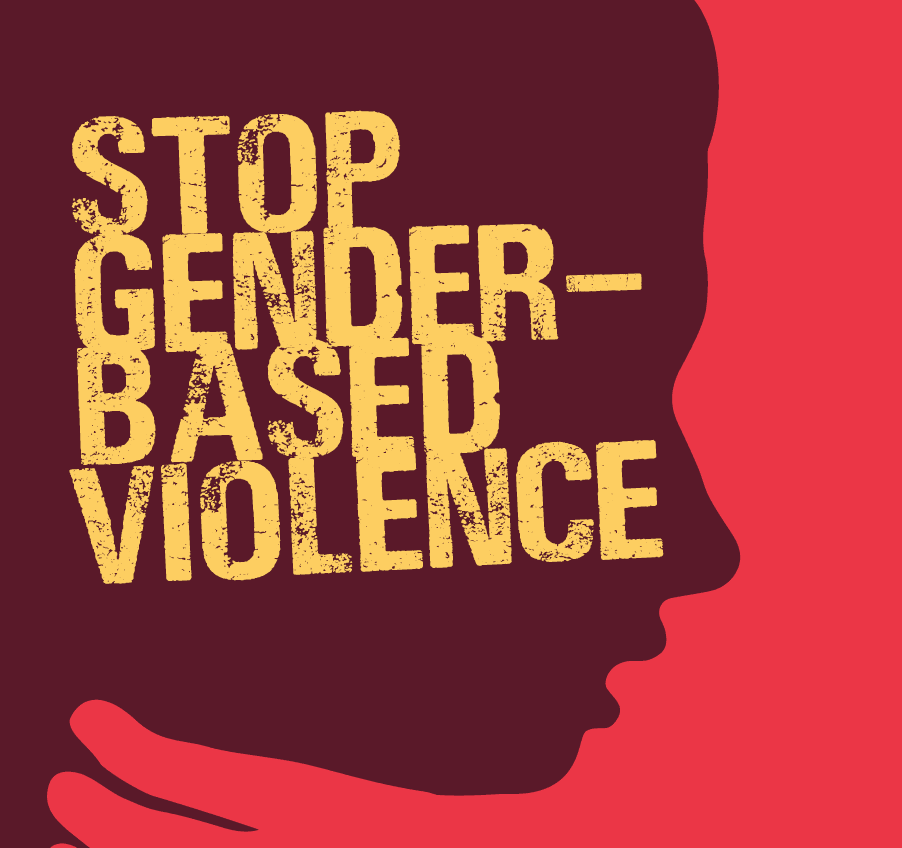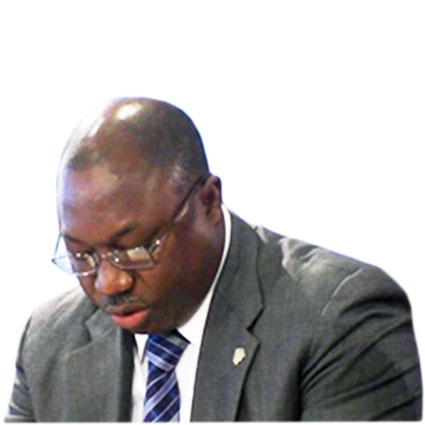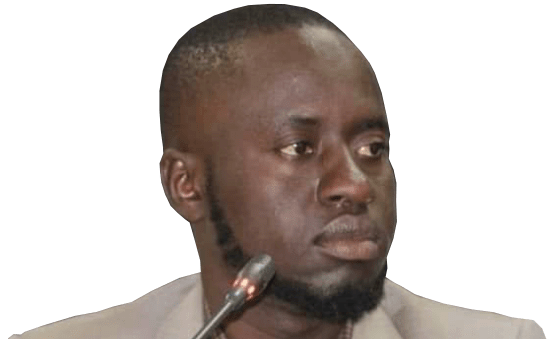By: Mariama Njie
As the campaign against Gender Based Violence concluded over the weekend, Khadijah Sey urged her fellow victims who in one way or the other had gone through Gender based violence to speak out and break the culture of silence.
Ms Sey, 26, single parent of a 3-year-old boy and a teacher by profession said
“I have been hearing about gender based violence for a very long time until I became a victim. Everything started when I got married. I never knew a man or thought my partner would result in violating me. I thought that marriage problems will always be settled through communication and understanding and not through physical abuse.”
She said she had a terrible experience as the abusive from her partner started when her baby was three months old and at that time her body wasn’t physically fit for any abuse.
“Beating me, using his energy and full force and this was not the most painful part. The most painful part to me was whenever I remembered how that little boy was looking at me during the abuse from his father, my husband, feeling vulnerable completely broke my heart,” she lamented.
She stated that she was traumatised especially after going through a divorce with a baby at hand.
“I’m grateful to my family who supported and stood by me immensely during those hard times, especially my brother, because when I lost my job whilst married, my brother worked tirelessly to make sure that I got the job back,” she added.
Part of the things that keeps Khadijah Sey going is her faith as a Muslim and her son, “I don’t want him to grow up and be a husband who will abuse his wife but instead, be a good man.”
She however urged her fellow survivors of gender based violence to break up the culture of silence and speak out “regardless of how society is going to judge you at the end of the day. Your mental health is more important, so they should always seek help to save themselves.”
She also said the more you speak about your story the more relieved you become.
“Anything that happens to one in life was meant to happen but that does not mean it’s the end. A woman should not be violated emotionally or physically, even Islam does not encourage violence against women,” she said.
However, like other countries in the sub-region, violence against women and children in The Gambia has been one of the most prominent human rights violations.
It is observed that violence against women is mainly underreported due to the reasons such as “stigma, shame, cultural and religious misconceptions” which have made the reporting of abuse and violence harder.
Ms Rohey Bittaye-Darboe, Permanent Secretary at the Ministry of Women, Children and Social Welfare, said the cultural norms mainly tend families to settle for out of court arrangements before cases of gender violence would reach the courts.
She said that they have conducted advocacy and awareness campaigns on a wider reach with support of their women councilors and that the government plans to establish a special court on gender-based violence to deal with the dispensation of justice in cases relating to gender crime.





